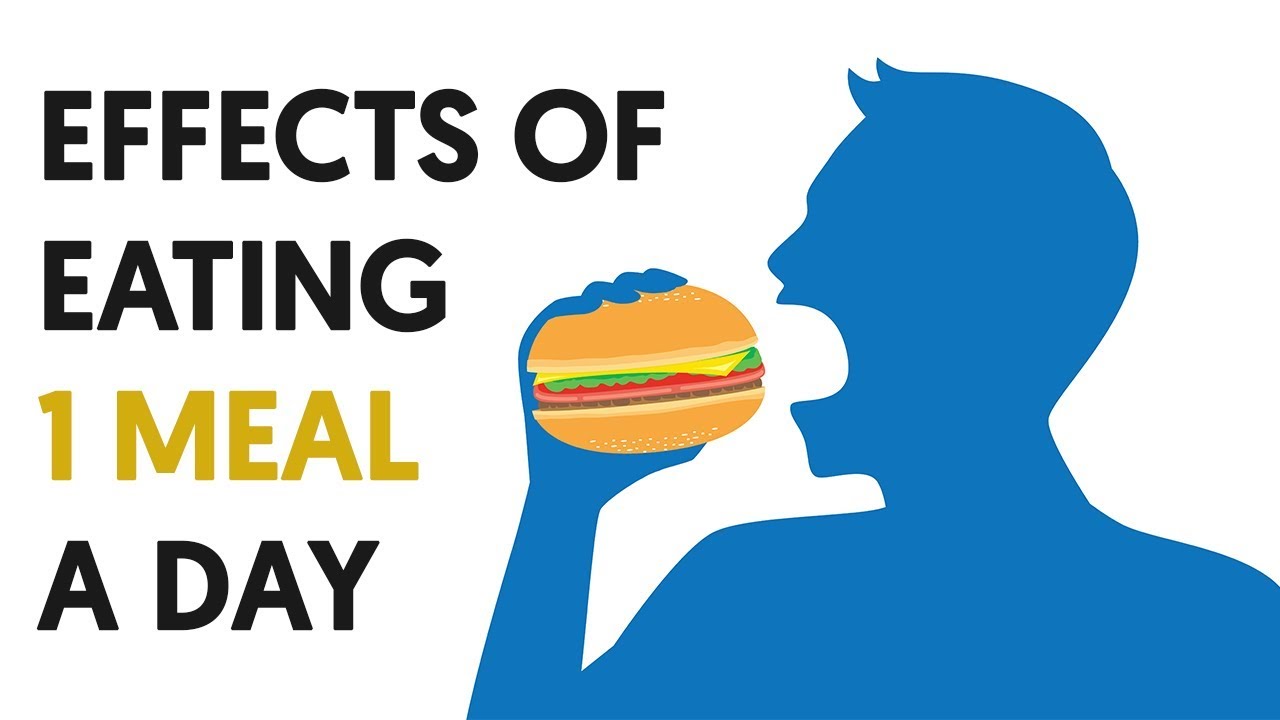
High protein diets have many benefits, ranging from increased satiety to reducing the risk of heart disease and bone loss. But how do they actually work? What are the best methods to get the recommended amount of protein daily? Here are a few examples. Continue reading to find out more. You should weigh all your options before you commit to a high quality diet. This article has been written with your health and wellbeing in mind.
Increased satiety
1956 introduced the aminostatic hypothesis that protein induces a feeling of satisfaction in humans. High-protein diets reduce the blood level of amino acids and suppress the vagal response which leads to hunger. Poppitt and his colleagues published their findings in Appetite. They found that a high protein diet had a significant effect on satiating.
Weight loss
It has been proven that high-protein diets can increase metabolic rate, thermogenesis, and other factors. After food intake, there is a short increase in energy cost due to the different steps in the metabolic process of nutrients. Recent studies have shown subjects who ate a diet high protein consumed more calories over a 24-hour time period than those who ate a lower-protein food. One study found that subjects who ate 29% protein consumed 213 fewer calories over a 24-hour period than subjects who ate 11 percent.

Bone health
Some ecological studies have found that a high-protein diet can be associated with improved bone health. However, others have not shown any correlation. In both cases, however, the bias is due to the way the data was collected. The effect of protein intake on bone health is likely to be more pronounced if it comes from animal proteins than plant-based proteins. If you're interested in learning more about how protein affects bone health, read on.
Heart disease
Recent animal studies suggest that high protein diets favor atherosclerosis, and these findings have been replicated using genetically tractable mouse models. Unfortunately, most studies have neglected to examine the mechanistic basis for the observed phenotypes. The associations between dietary protein intake and cardiovascular risk are largely inextricable. Additionally, human studies have shown that a higher intake of protein is associated with a higher likelihood of developing cardiovascular disease.
Colon cancer
It is important to eat a high-protein diet to increase survival rates after treatment. A colon cancer treatment could make your body less able to fight infection and detoxify. You should also avoid undercooked and raw foods, since they can cause a number of problems with your body. Your doctor and dietitian can help you determine the best diet.
Increased risk of getting heart disease
High-protein diets are associated with increased heart disease risk. Although most of us do not get enough protein in our diet, protein is essential for building and repairing cellular tissues. Protein is also essential for muscle repair. However, a high-protein diet might be contributing to an increased risk of heart disease. We need to ask ourselves why. This debate is not entirely clear.

Risk of kidney damage increases
Recent studies suggest that people who consume high amounts of protein are more likely to develop kidney disease. However, the source and quality of protein might also be important. According to a recent Brigham and Women's Hospital study, women on high-protein diets are at slightly higher risk of developing renal disease. Women with normal kidney function did not experience any decline in kidney function due to high-protein diets.
FAQ
Why Exercise Is Important to Weight Loss?
The human body can be described as an amazing machine. It's designed to move. Moving our bodies is important for our health.
Exercise also burns calories and improves muscle tone. This can make you feel more positive both physically and mentally. You may have heard people say "exercise is important for weight loss." But why exactly does exercise help lose weight?
-
Exercise improves metabolism. When you exercise, your body uses energy. Moves increase heartbeat, blood flow, and oxygen absorption. All of these activities consume energy. When you are exercising, you burn extra calories by increasing your metabolic rate. You can calculate how many calories your body burns by doing physical activity.
-
Exercise reduces appetite. When you work out, you will naturally eat less calories.
-
Exercise increases strength. Muscle tissue takes more energy to work than fat tissue. Therefore, if you build lean muscles mass, you will not need as much food to maintain your current weight.
-
Exercise releases endorphins. Endorphins make you smile. When you exercise, endorphins are released into your bloodstream. Studies have shown that endorphins can block pain signals reaching your brain. This provides a feeling if well-being.
-
Exercise increases self-esteem. Regular exercise leads to higher self-esteem. And this leads them to live healthier lives.
Make small changes to lose weight. You can add one of these tips into your daily life today.
What side effects can intermittent fasting have?
There are no known negative side effects of intermittent fasting. Some minor issues might occur if you do not plan your meals properly.
For instance, if breakfast is skipped, you might feel uneasy all day. Also, you might experience dizziness, headaches, fatigue, muscle cramps, and dizziness.
These symptoms are usually gone within a few days.
How often are people quick?
A majority of ketogenic dieters fast one week. However, there are some who fast twice per week. Others fast three-times per week.
Each fast has a different length. Some fast for 24 hours while others fast for 48.
Some people will even travel more than 72 hours. These extreme cases are rare.
Can I eat fruits when I am intermittently fasting?
You can't go wrong with fruits. They are full of vitamins, minerals as well as fiber, antioxidants and other nutrients. But, they can also contain sugar that can spike blood glucose levels. This can lead both to insulin resistance and weight loss. If you're looking to lose weight with an IF diet then you should choose fruits that are low in glycemic.
How do I create an exercise routine?
It is important to establish a routine. You should know what you will do each week and how long. This helps you plan ahead and avoid procrastination.
You should also ensure you have plenty to choose from when working out. You don't want to become bored with exercise because then you won't stick with it.
You should also keep track of how you are progressing. It's crucial to track your weight changes over time.
If you start off by losing weight, it's easy to lose motivation if you don't gain any additional weight. If you gain excessive weight, it can be difficult to remain motivated.
Find a healthy balance between losing weight and gaining weight. You'll find it harder to exercise if you don't like where you are at the moment.
Is there any difference between intermittent fasting and calorie restriction?
Calorie restriction can be defined as eating less than your body needs. Intermittent fasting differs from other types of intermittent fasting in that it does not restrict calories. It focuses on eating fewer calories during the day.
Intermittent Fasting is more efficient because you can enjoy the foods you love without feeling guilty.
Both methods have their merits and weaknesses. Therefore, you need to decide whether you prefer one method over another.
What Weight Loss Can You Expect In One Week?
Your current bodyfat percentage determines the amount of weight you will be able to lose. You need to determine how much weight loss you are looking for. Your BMI is a measure of how much weight you need to lose. If your BMI is 25 or greater, you're overweight. If your BMI is 30 or higher, you're obese.
If you are 200 lbs, your BMI will be 28.7. To drop to a healthy range of weight, you will need to lose approximately 70 pounds. To see if you're overweight, visit www.healthyminds.com/bmi/.
Once you have your BMI, you are able to use this formula for calculating how many pounds each week you will lose.
(Your Goal Weight - Current Weight)/BMI * 7 Number Of Pounds Lost Per Week
You would need to do 2 weeks of exercise to lose 50 lbs in one month. This is equal to 56 days. Divide that by 7 pounds per week. This works out at 8.3 pounds per week.
You could also try this calculator from www.weightlosscalculator.net. It will give you an approximate estimate of the calories you need to lose 1 pound each week.
Statistics
- Among women, the increase in metabolic rate was nearly 4%, or 50 more calories per day (14Trusted Source (healthline.com)
- One study in 9 active men found that HIIT burned 25–30% more calories per minute than other types of exercises, including weight training, cycling, and running on a treadmill (18Trusted Source (healthline.com)
- A 12-week study in 20 women with obesity found that walking for 50–70 minutes 3 times per week reduced body fat and waist circumference by an average of 1.5% and 1.1 inches (2.8 cm), respectively (healthline.com)
- According to Harvard Health, it's estimated that a 155-pound (70-kg) person burns roughly 112 calories per 30 minutes of weight training (5). (healthline.com)
External Links
How To
How to lose belly fat fast?
You need to realize that losing belly fat can be difficult. It takes hard work. These tips will help you achieve your goals.
-
Healthy Food Healthy eating is crucial. Make sure you eat whole foods, fruits, vegetables.
-
Drink Water. Water keeps you hydrated and makes you feel fuller for longer periods. So drink plenty of water every day.
-
Cardio exercises can help you burn more calories and increase your muscle mass. Cardio exercises will help you burn calories and build muscle. They improve heart health and metabolism. You should do at least 30 minutes of cardio exercise per day.
-
Get enough sleep. Good health is dependent on sleep. Anxiety and stress can lead to unhealthy habits, such as smoking and eating too much.
-
Reduce stress levels. Stress can have a negative impact on our brain chemistry, and hormone levels. Cortisol, a hormone which increases hunger pangs as well as cravings to eat high-calorie foods, is released when we're stressed.
-
Regular breaks are important. Take regular breaks throughout each day. Go outside and walk around or take a short nap. This will allow your body and mind to rest and recuperate.
-
Avoid Alcohol Consumption. Alcohol has empty calories, and can slow down digestion. Drinking alcohol is not a good option if you want to lose weight.
-
Have fun